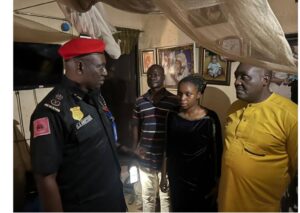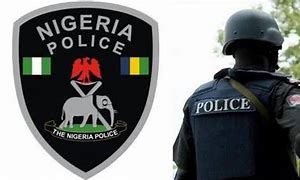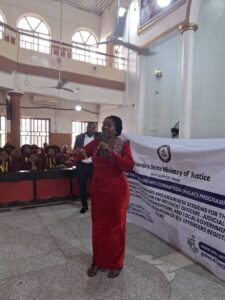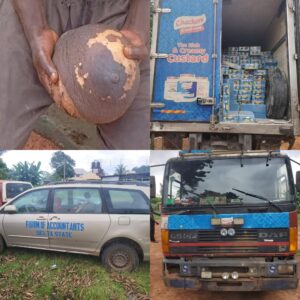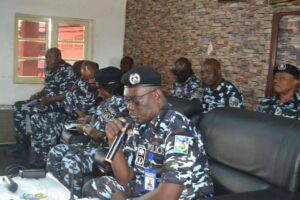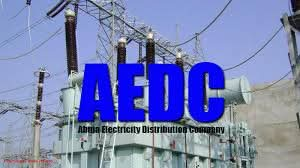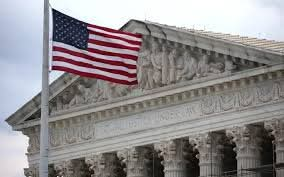Group urges Govt to implement Disability Right Act
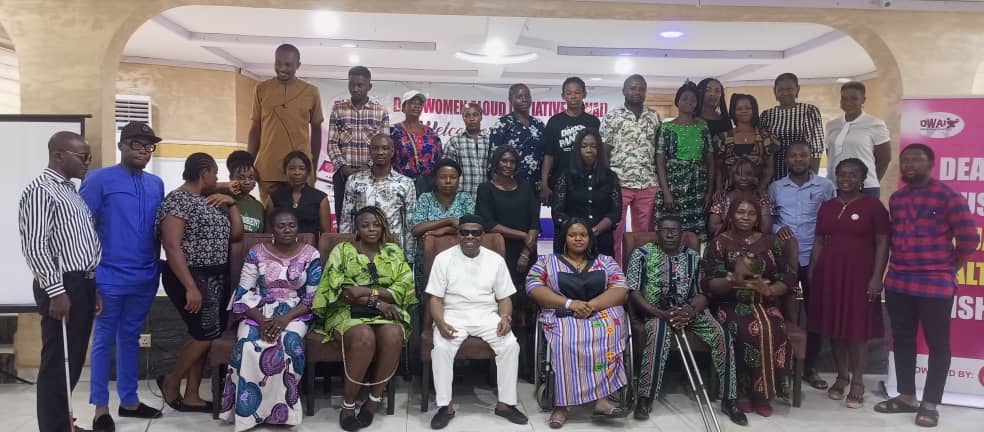
By Deboy Oti, Awka
The Executive Director of Deaf Women Aloud Initiative (DWAI) Hellen Anurika Beyioku-Alase has urged the Anambra state Govt to implement Disability Right Act to harness pathways on access to inclusiveness, sexual and reproductive health for deaf women .
Beyioku-Alase made this request during the launch and dissemination of research findings on inclusive sexual and reproductive heath services for Deaf Women in Anambra.
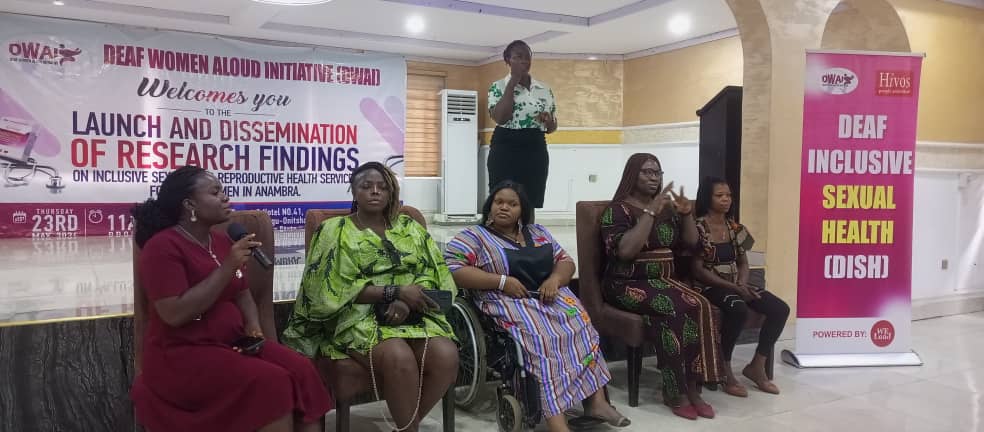
She urged government to provide targeted training for healthcare providers, and develop inclusive policies that
prioritizes the health and well-being of deaf women and girl children.
Her words: “our journey to this point has been one of collaboration, dedication, and profound
commitment to equity and inclusion. Over the past several months, our team has
worked tirelessly to gather data, engage with communities, and listen to the
voices of deaf women and girls. Their experiences and insights have been
Invaluable in shaping the findings that we present today.
“I would like to take a moment to extend my deepest gratitude to everyone who
contributed to this important project. To the Deaf women who shared their
personal stories with courage and candor, thank you for your trust and for
shedding light and the challenges you face. Your voices are at the heart of this
report, and it is through your experiences that we can strive to make meaningful
change.
“To the healthcare practitioners who provided their perspectives and participated
in our surveys and focus groups, thank you for your openness and willingness to
contribute to this critical dialogue. Your insights have highlighted both the
challenges and opportunities within our health systems.
And to our dedicated team and supporting organizations, your hard work,
expertise, and unwavering commitment have made this assessment possible. it is a testament to the power of collaborative effort and shared vision.
“Today, as we unveil the findings of this needs assessment, we are not merely
presenting data and statistics. We are amplifying the voices of Deaf women and
girls, highlighting the urgent need for inclusive healthcare services, and
advocating for actionable solutions that will ensure no one is left behind.
“The findings reveal significant communication barriers, a lack of accessible health
information, and numerous challenges in accessing quality care.
“However, they
also point to clear pathways for improvement. By implementing the
recommendations in this report, we can enhance interpreter availability, provide targeted training for healthcare providers, and develop inclusive policies that prioritize the health and well-being of deaf women and girls.
“As we move forward, let this launch be a call to action for all of us. It is a call for healthcare providers, policymakers, community leaders, and all stakeholders to
come together in solidarity and commitment.
Together, we can build a health system that Is truly inclusive, where every woman and girl, regardless of their
hearing ability, has access to the care and support they need
“In their separate speeches, the Project officer of the Initiative, Mrs Patience Etim said that 15 percent of the word’s population lives with some form of disability .
This significant portion of the global population faces unique challenges in accessing healthcare services , a concern that international framework is trying to address.
“The united convention on the right of persons with Disability ( UNCRPD) reinforces these values proclaiming that states recognize the right of persons with disabilities to enjoyment of the attainable standard of health without discrimination on the basis of disability
This is further elaborated by the guidelines that ” Persons with disability must be provided with the same range, quality and standard of free or affordable health care and programms as provided to other persons “ensuring equitable treatment in healthcare provision
“Nigeria Disability Eight Act 2018 complement this international standard by setting forth specific legat obligation . Section 21 (1) states governments shall guaranteed that persons with disability have unfettered access to adequate health care with out discrimination on the basis of disability.
The National policy on sexual health and right on persons with disability (2018) also support access to reproductives health services for women with disability especially Deaf women and girls .
” A crucial part of this is to gather insight directly from the deaf community and health care providers.
This objectives emphasizes of collecting diverse perspective to ensure a holistic view of the healthcare landscape as it pertains to deaf women and girls
“To ensure our data collection process was accessible and reflective of the deaf community’s experiences, we employed sign language interpreters as enumerators .
This approach not only facilitated clear communication but also fostered a trusting environment where deaf women and girls felt comfortable sharing their experiences and insights.
” Utilizing sign language interpreters as enumerator was crucial in bridging the gap of communication , allowing for direct and meaningful engagement with the deaf community .
This method ensured that the voices of the deaf women and girls were accurately captured .
“A survey was developed and deployed across the 21 lGAs in Anambra state .
The survey aimed to capturing qualitative and quantitative data regarding the experience of deaf women and girls when accessing health services. A total of 352 deaf women and girls participated in the survey”
“Focus group discussions facilitated by sign language interpreter were held in the three zones of the state with both the deaf community and health care providers.
” Deaf women and girls in Anambra state face a multitude of barriers when accessing health services , challenges that are deeply rooted in dynamics , cultural and logistical issues.
The need assessment revealed three obstacles which includes, communication barrier, lack of awareness and training among health care providers and experiences of stigmatization and discrimination .
Each of these challenges contributes to a healthcare environment that is not only inaccessible but often unwelcoming to deaf individuals.
“The most significant hurdles identified was the stark communication gap between deaf patients and the health care provider and compounding the issue of communication is the widespread lack of awareness and training among health care professional regarding the needs and right of deaf patients”
“Base on the needs assessment, the following recommendations were proposed: awareness campaign should be in place, government should implement Disability Right Law,, Government should employ sign language interpreters among others.
“Oue pursuit of inclusive health care is not just about adapting services , it is about recognizing the inherent dignity and rights of every member of our community.
We stand at pivotal moment where our action can forge a path towards equity and understanding. We have the power to transform our health care system into one that serves everyone , regardless of their ability to hear.
Ms Uju Okoyean of Ministry of Health and Ms Bibian Nwankwo of Ministry of Women Affairs who represent their commissioners respectively pledged support for the program and demanded for their list of members and those that will take the job of interpreters incase government gives approval.


